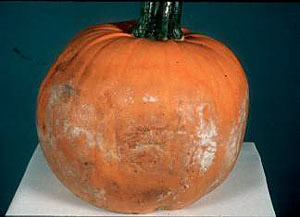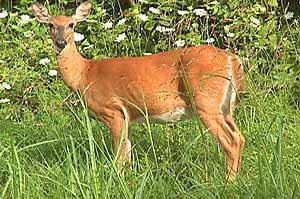Hello ladies! It was great to meet you all yesterday morning and be able to share a little bit of our gardening adventures with you! My husband and I are by no means experts at gardening - but I think that's the point - you don't have to be a "Master Gardener" to get started and grow your own veggies! Especially with the square foot gardening method being as hassle free and successful as it is as opposed to traditional means of gardening (i.e. tilled plots with straight, wide rows). So I hope you all jump in and get your hands a little dirty and grow some great veggies in your yards this year!
Here's a recap of some of the great resources I've used to get started:
How To Build a Raised Garden Box
All Things Garden- A DIY Guide
The Garden Helper's Vegetable Growing Tips and Planting Guide
And you can always refer to our past gardening posts to live and learn through some of our successes and mistakes! http://squirrelchatter.blogspot.com/search/label/gardening
____________________________________________________________
I did mention composting quite a bit and probably should have covered it a little more - so here's more resources for those of you interested in that:
Falling in Love Over Compost You too can learn to compost, and boost your garden.
Backyard Composting
Composting is the natural process of breaking down organic materials into a soil-like material. Compost added to soil improves soil structure, and adds nutrients needed for healthy plant growth. Benefits of composting:
- Increases the organic matter in soil
- Improves soil fertility
- Decreases the volume of household trash to landfills
- Lowers your household water bill....
 Download the complete article in PDF format
Download the complete article in PDF format____________________________________________________________
Also a few of you had some really great questions about keeping deer away and rotting pumpkins and melons that I didn't have a really good answer to, but after some googling - I found some great answers!
Battling Aphids, Caterpillars, & Mites the Natural Way
One thing I have to deal with every year on my plants and in my garden are unwanted pests. You can purchase organic soaps, and I have, from the store but making an insect soap at home is just as effective and less expensive.
Ingredients
3 drops of nontoxic dishwashing soap
32 ounces of water
1 tablespoon cooking oil
Spray bottle (be sure to label as insect soap)
Mix all ingredients together in the spray bottle. When spraying on plants be sure to saturate them, but avoid the blossoms.
National Gardening Association Pest Control Library
Use our "mug shots" to identify pest problems in your garden. Click on names for photos and complete descriptions
Phytophthora Fruit Rot

Prevention and Control
Use a minimum 2-year crop rotation excluding other host plants (eggplant, pepper, tomato). Plant only on well-drained soil or raised beds. Elevate fruit off soil surface.Photo courtesy of University of Wisconsin-Madison, Dept. of Plant Pathology/
Deer
by National Gardening Association Editors


2 comments:
We've been thinking about starting a compost. Our neighbor is growing a garden in the field behind our house, so we'll put the compost on it. I've been searching/pricing compost bins, esp. for under the sink. What do you use, or like?
I'll take a look at the article you linked, too.
We use the Miracle Grow Compost Bin - http://www.esbenshades.com/onlineshopping/proddetail.asp?prod=073561001649&id=Scotts%20Miracle%20Gro%20Organic%20Compost%20Bin
And we have a white compost bucket from World Market on our kitchen counter to collect scraps in. http://www.worldmarket.com/product/index.jsp?productId=3597599
Post a Comment